Market Demand Drives Technical Advances in Thermal Resistors
Discover how DXM is at the forefront of innovation in the field of thermal resistors, driven by evolving market demands. Our latest article explores how advancements in PTC Thermistors and NTC Thermistors are revolutionizing industries by enhancing reliability and efficiency. Learn how DXM's dedication to cutting-edge technology is meeting global needs, setting us apart as industry leaders. Stay informed on the critical trends shaping the future of thermal resistor and transforming technology landscapes.
- Market-Driven Advancements in Thermal Resistors
- Understanding Thermal Resistors: An Overview
- The Influence of Market Demand on Thermal Resistor Development
- Evolving PTC Thermistors and NTC Thermistors for Modern Consumer Electronics
- Thermal Resistors in EV Safety and Performance
- Advancements in PTC Thermistors and NTC Thermistors
- Enhanced Safety Features with PTC Thermistors and NTC Thermistors
- Energy Efficiency and Cost-Effectiveness in PTC Thermistors
- Strategic Innovations in Thermal Resistors Manufacturing
- Emerging Trends in PTC Thermistors and NTC Thermistors Technology
- Challenges of Thermal Resistors in Meeting Market Demands
- Conclusion: The Symbiotic Relationship Between Market Demand and Innovation
- Frequently Asked Questions (FAQs)
Market-Driven Advancements in Thermal Resistors
The rapid evolution of electronic devices has accelerated the advancement of thermal resistors, including PTC Thermistors and NTC Thermistors. These components are vital for efficient thermal management in modern technology, with their innovations largely propelled by increasing market demand.
As electronic devices evolve, thermal resistors, particularly PTC and NTC Thermistors, have become indispensable. These components ensure safety and efficiency, with market dynamics playing a crucial role in driving their continuous improvement.
Understanding Thermal Resistors: An Overview
Thermal resistor is essential components in modern electronics, providing critical thermal management for device safety and efficiency. Positioned at the forefront of temperature regulation, thermal resistors adjust to temperature changes, ensuring the prevention of overheating,overcurrent and overload.
The two primary types—NTC Thermistors and PTC Thermistors—serve different roles across various applications, from household appliances to automotive systems.
-
NTC Thermistors: Resistance decreases with rising temperatures, making them ideal for accurate temperature control and measurement.
-
PTC Thermistors: Resistance increases with temperature, providing self-regulating features perfect for overcurrent protection and thermal management.
The Influence of Market Demand on Thermal Resistor Development
Evolving PTC Thermistors and NTC Thermistors for Modern Consumer Electronics
The growing demand for thermal resistors in smarter, more compact, and energy-efficient consumer electronics is undeniable. Thermal resistors, including PTC Thermistors and NTC Thermistors, are crucial for precise thermal regulation. As devices like smartphones, laptops, and wearables become more complex, the need for advanced thermal management intensifies, driving continuous innovation in PTC and NTC Thermistors.
Thermal Resistors in EV Safety and Performance
PTC Thermistors and NTC Thermistors are critical in the automotive industry's shift to electric vehicles (EVs). Effective thermal management relies heavily on PTC Thermistors and NTC Thermistors. These components are essential in battery management systems, ensuring both performance and safety. As automotive designs evolve and safety standards tighten, the demand for reliable thermal resistors continues to grow.
Advancements in PTC Thermistors and NTC Thermistors
Enhanced Safety Features with PTC Thermistors and NTC Thermistors
Thermal resistors, including PTC Thermistors and NTC Thermistors, have advanced significantly due to rising market demand. PTC Thermistor and NTC Thermistor are now crucial in safety applications, as they self-regulate resistance with temperature increases, reducing the risk of overheating and fire.
Energy Efficiency and Cost-Effectiveness in PTC Thermistors
As energy costs rise, the demand for efficient solutions grows. PTC Thermistors and NTC Thermistors now offer improved energy efficiency and cost-effectiveness, making them ideal for industrial and consumer electronics.
Strategic Innovations in Thermal Resistors Manufacturing
Precision Manufacturing Through Automation
To meet the demand for consistent and high-quality thermal resistor, manufacturers are turning to automation. This ensures precision in large-scale production, reducing errors and increasing component reliability.
Environmentally Friendly Production Techniques
Sustainability is driving change in manufacturing processes for thermal resistors. Manufacturers are now adopting eco-friendly materials and methods, aiming to lower the carbon footprint and support global sustainability goals.
Emerging Trends in PTC Thermistors and NTC Thermistors Technology
IoT-Enabled Applications
The expansion of the Internet of Things (IoT) is creating new opportunities for thermal resistor. IoT devices increasingly demand effective thermal management, driving advancements in PTC Thermistors and NTC Thermistors to enhance their fabrication and functionality.
Innovations in PTC Thermistors and NTC Thermistors for Wearable Technology
Wearable technology is a rapidly growing field, pushing innovation in thermal resistors, particularly PTC Thermistors and NTC Thermistors. As these devices become integral to daily life, efficient heat management is crucial, leading to continuous refinement in thermistor designs.
Challenges of Thermal Resistors in Meeting Market Demands
Rapid Technological Changes
Keeping pace with rapid advancements presents a formidable challenge for manufacturers. Constant innovation is required to meet evolving consumer expectations and support new applications in cutting-edge technologies.
Supply Chain Constraints
Global supply chain issues, exacerbated by recent geopolitical tensions and the lingering effects of the COVID-19 pandemic, pose significant challenges. Ensuring timely availability of raw materials, along with maintaining quality control, is critical for sustaining the momentum in thermal resistor advancements.
Conclusion: The Symbiotic Relationship Between Market Demand and Innovation
The symbiotic relationship between market demand and technological innovation in thermal resistor is evident in the myriad of advanced applications emerging today. PTC thermistor and other thermal resistors are undergoing near-constant upgrades to meet the ever-growing needs of various industries. As consumer requirements continue to evolve, so too will the innovations that drive the thermal resistor markets forward, ensuring these components remain at the forefront of technological development.
Frequently Asked Questions (FAQs)
1. What are thermal resistors used for?
Thermal resistors are used to manage and regulate heat in electronic devices, ensuring safety and efficiency.
2. How does PTC thermistor work?
PTC thermistor increases their resistance as temperature rises, preventing overheating in electronic circuits.
3. Why is market demand crucial for thermal resistor technology?
Market demand drives innovation and advancements in PTC Thermistor and NTC Thermistor, pushing for enhanced functionality and efficiency.
4. How do advancements in thermal resistors impact consumers?
They provide safer, more reliable, and energy-efficient electronic devices, improving the overall user experience.
5. What industries benefit the most from thermal resistor innovations?
Consumer electronics, automotive, and wearable technology industries significantly benefit from advancements in thermal resistor.
In conclusion, the robust demand across various sectors underscores the importance of continuous innovation in PTC Thermistors and NTC Thermistors. As the market evolves, so too will the technology, ensuring that thermal resistors remain indispensable components across industries.
Recommended for you
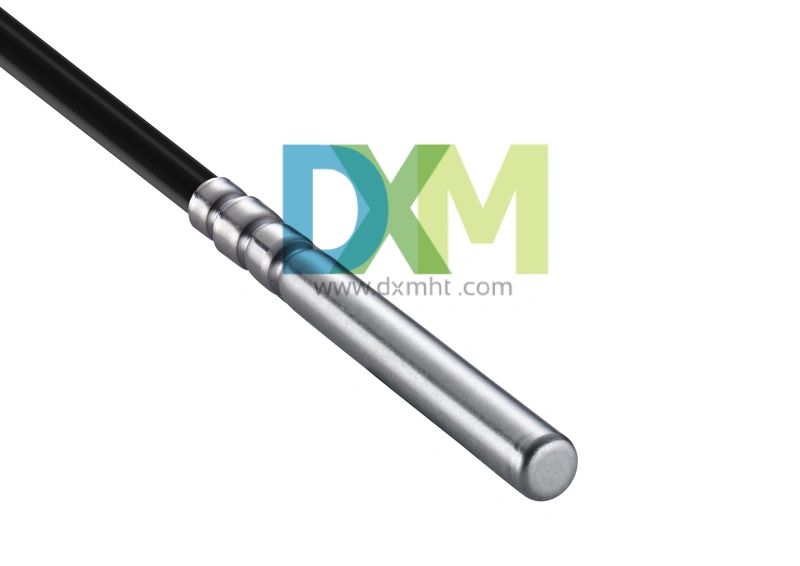
Water Temperature Sensor: The Key to Engine Health and Efficiency

Lightning Surge Protection Varistor: Essential for Protecting Your Electrical Systems
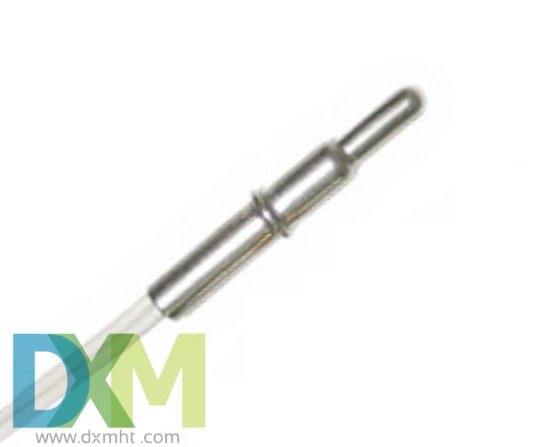
Water Temp Sensor: How to Test it for Reliable Performance?

Capacitor Impedance: Calculation Guide & FAQs
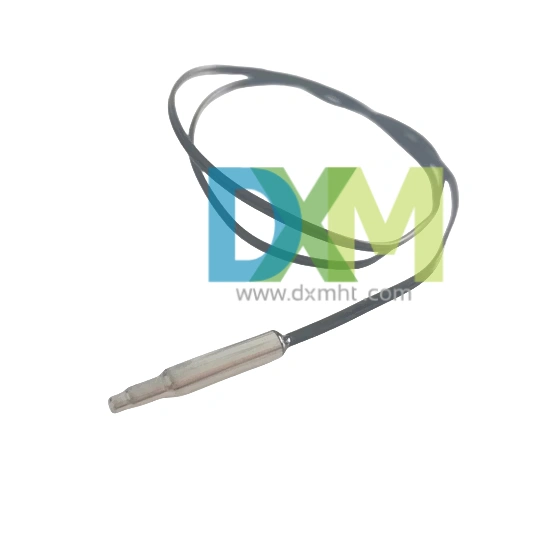
Temperature Probe Sensor: A Comprehensive Guide
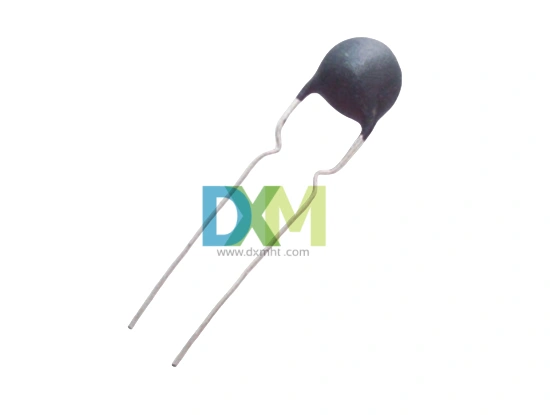
Termistor NTC: What Does a Thermistor Do?
Price and Payment
Are invoices provided?
Yes, we provide legal invoices that can be used for reimbursement and accounting records.
Price
The price will be quoted in US dollars.
1) For small order quantities and small packing, normally our quotation is based on the ex-works price. The cargo will be delivered by courier after being finished normally.
2) For bulk orders and large volumes, normally our quotation is based on the FOB price. Please inform us of your destination seaport and estimated quantity, and our representative will quote you the C&F or CIF price accordingly. If you feel our freight is higher than your expectation, you can recommend your shipping company to us. Our principal is looking for a shipping company with a good reputation that offers competitive freight costs and can deliver your cargo promptly.
Do you offer bulk purchase discounts?
Yes, we offer bulk purchase discounts; the specific discount rate depends on the order quantity and cooperation method.
Logistics
How to track my order?
You can track your order through our official website or the order number provided and learn about the logistics status and delivery progress of your order at any time.
Shipment
1)Small order quantity and small packing:cargo may be arranged by courier;
2)Bulk order and big volume:shipment may be arranged by sea or by air as per customer’s requirements on FOB, C&F,CIF or LCL terms and do prompt shipment which is very important for our customers, so we do this matter seriously and we may arrange our shipment in time due to our rich experiences in this line. We may also accept the shipment on the term of freight prepaid or freight collect.
You may also like

KTY83-110 Sensor with Silicon Glass Thermistor

Bracket Type NTC Thermal Sensor MF52X for Precise Temperature Measurement
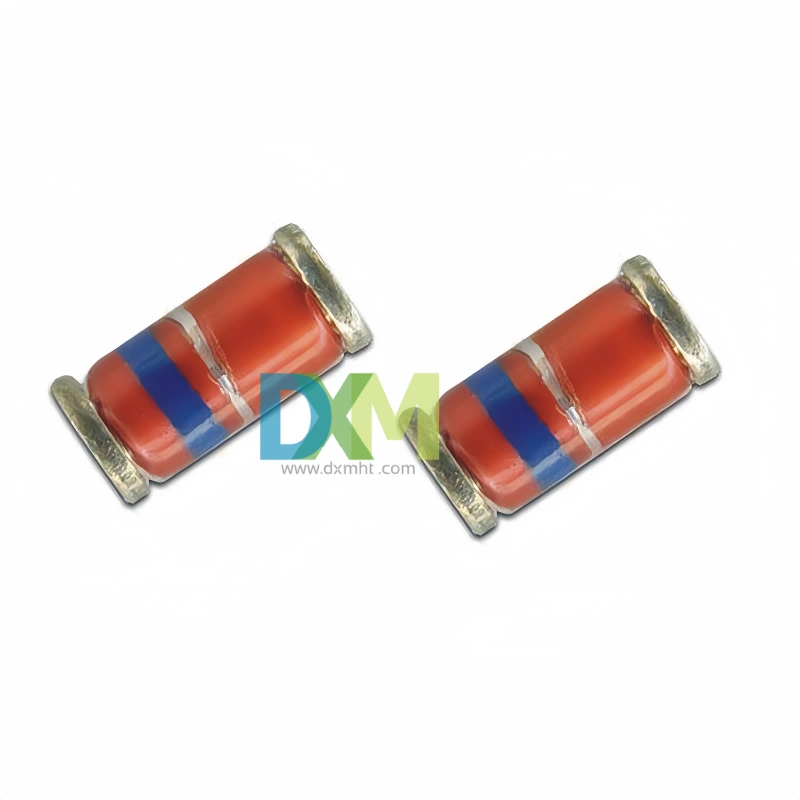
Glass Thermistors MF58E for High-Precision Applications
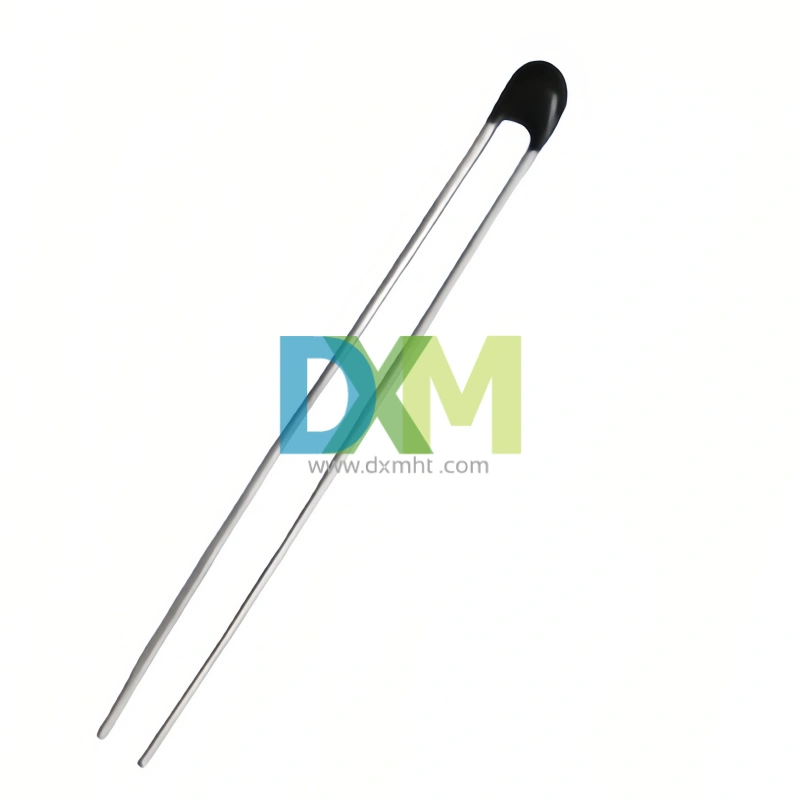
High Precise NTC Sensors for Temperature Measurement and Control
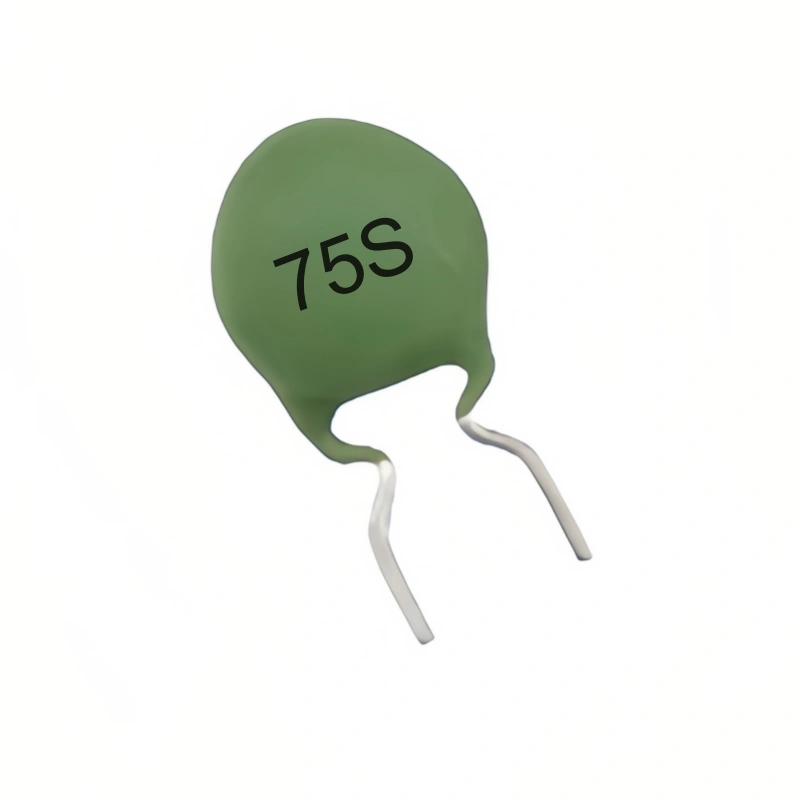
WMZ12A 75S PTC Thermistors for Over-Current and Over-Load Protection
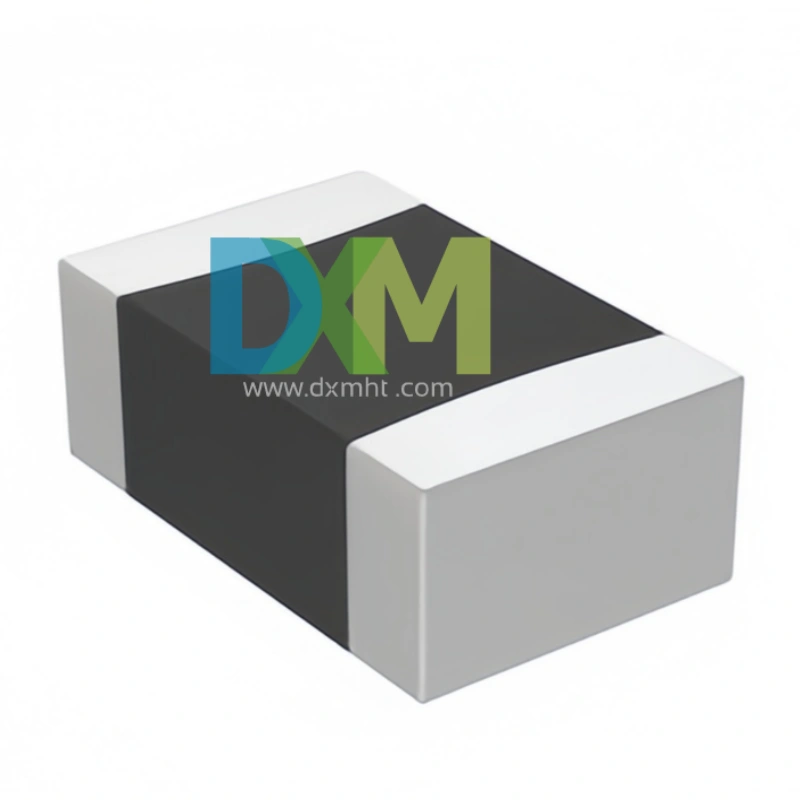
SMD Sensors: Advanced Temperature Sensing Excellence
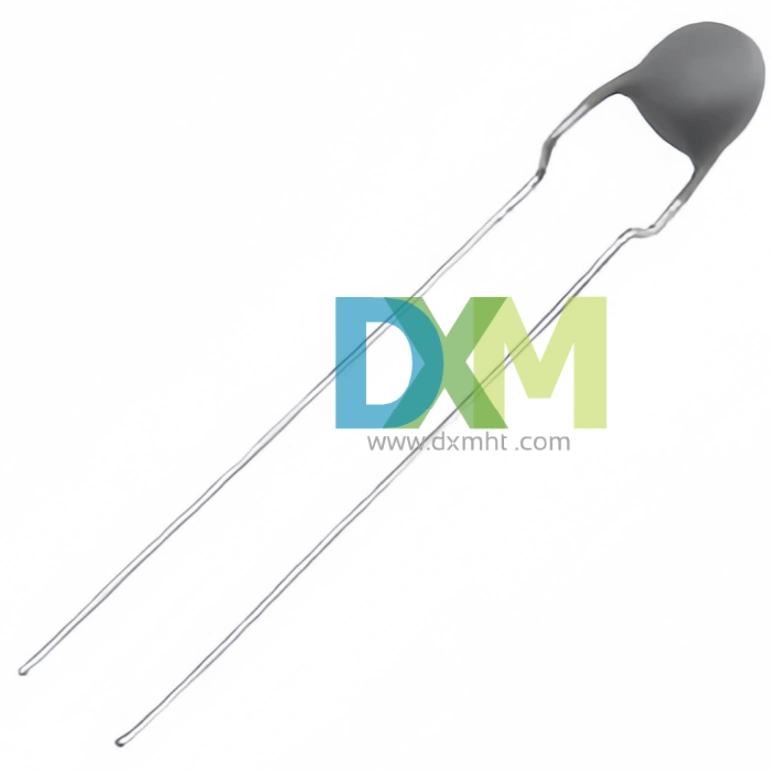
Thermistor PTC MZ11 Series for Light Efficient Design
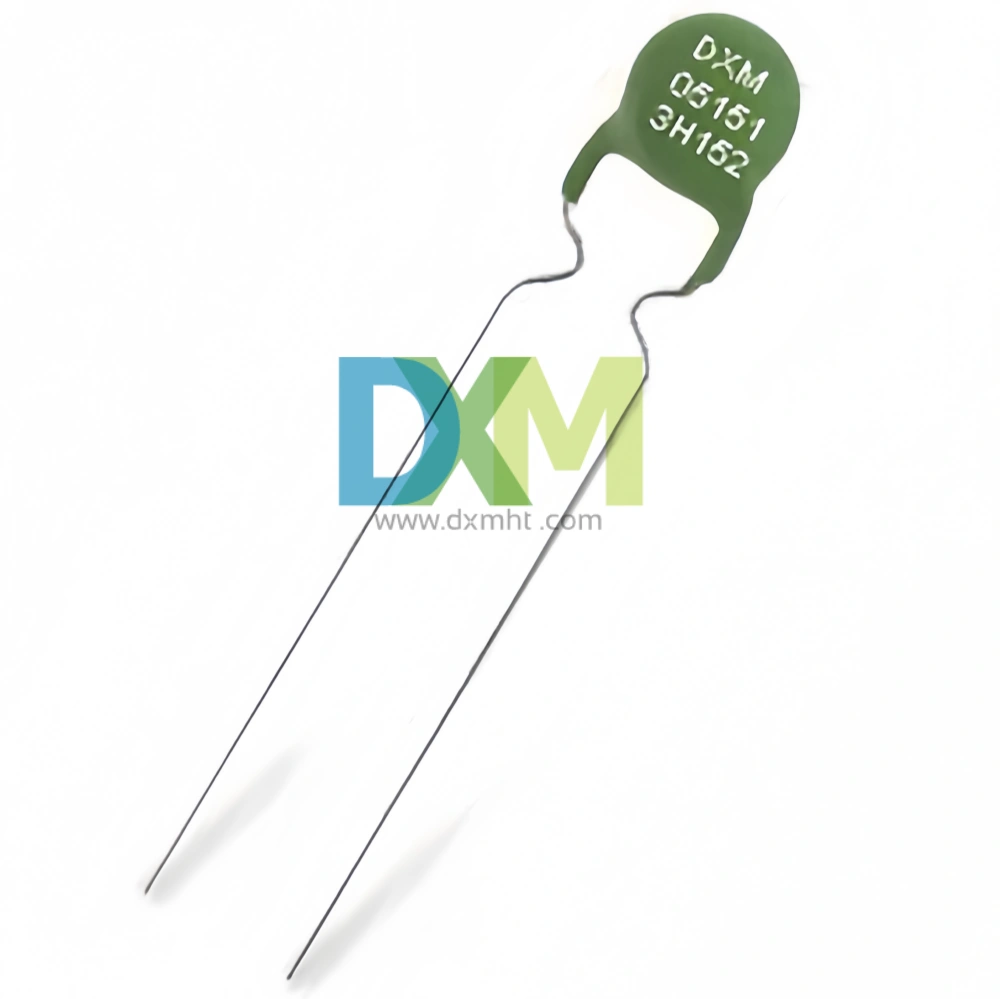
PTC Thermistors for Ballast Electronic and Energy Saving Lighting Intelligent Preheat Start MZ12 | DXM
Get in Touch
Discover premium thermistors, sensors, and resistors tailored to your needs.Our dedicated team of experts is available to assist with product selection, technical queries, and after-sales service. Contact us for custom solutions and experience exceptional customer support.
© 2024 DXM | Designed by gooeyun

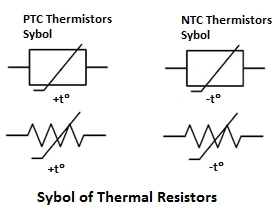
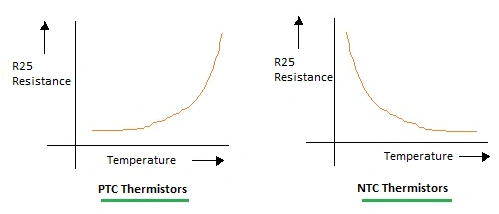
 Scan QR Code
Scan QR Code
Scan QR Code
Whatsapp: +8618927361658
Shenzhen DXM Technology Co., Ltd.
DXM PTCNTC
Shenzhen DXM Technology Co., Ltd